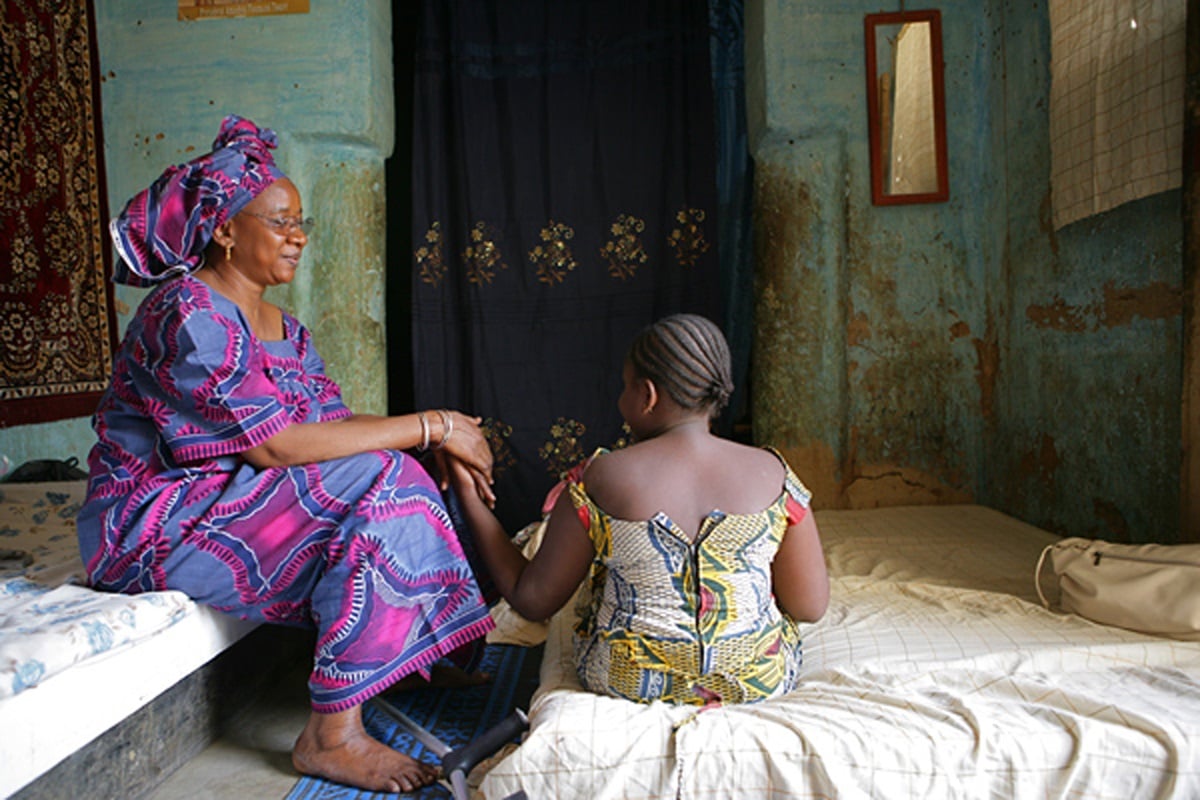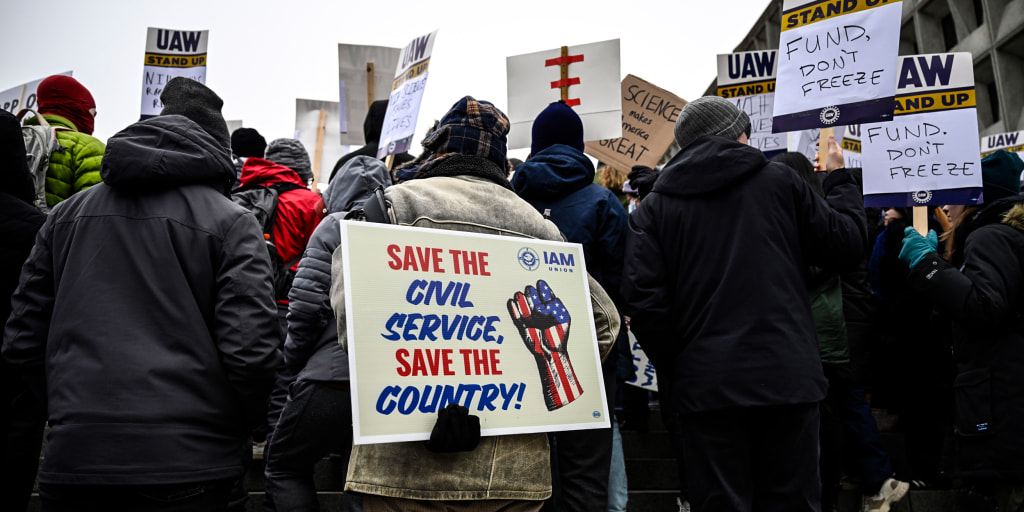Behind Bars and Broken: The Mental Health Crisis Turning Prisons into Death Traps
Health
2025-04-17 18:17:18Content

In a groundbreaking investigation, New Yorker journalist Sarah Stillman uncovered a deeply troubling pattern of systemic neglect within the criminal justice system. Her extensive research revealed dozens of heartbreaking cases involving individuals struggling with mental illness who were arrested for minor infractions and subsequently denied critical medical care and essential medications.
The consequences of this institutional failure were tragically fatal. Many of these vulnerable individuals suffered extreme medical neglect, ultimately succumbing to preventable conditions like malnutrition and severe dehydration while in custody. Stillman's reporting exposed a shocking disregard for human life and the fundamental rights of those with mental health challenges, highlighting urgent gaps in our legal and healthcare systems.
Her work shed light on a critical humanitarian crisis, demonstrating how marginalized populations are often left without adequate protection or compassionate intervention. The investigation serves as a powerful call to action, demanding immediate reforms to protect the most vulnerable members of our society.
Unmasking the Silent Crisis: Mental Health Patients Trapped in a Broken System
In the shadowy corners of America's criminal justice system, a deeply troubling narrative unfolds—a story of vulnerable individuals with mental health challenges who become casualties of institutional neglect, systemic indifference, and a profound failure of compassionate care.When Justice Becomes a Nightmare for the Mentally Vulnerable
The Invisible Victims of Systemic Failure
The intersection of mental health and criminal justice represents a complex and harrowing landscape where individuals with psychological vulnerabilities find themselves ensnared in a labyrinth of legal and medical complications. Investigative research reveals a disturbing pattern of systemic breakdown that transforms minor infractions into life-threatening ordeals for those with mental health challenges. Mental health patients frequently encounter a punitive system ill-equipped to understand their unique psychological needs. Law enforcement and judicial mechanisms often approach these individuals through a lens of criminality rather than recognizing the underlying medical conditions driving their behaviors. This fundamental misunderstanding creates a dangerous cycle of marginalization and potential harm.Medical Deprivation: A Silent Humanitarian Crisis
Within correctional facilities and judicial processing centers, individuals experiencing mental health conditions frequently encounter severe medical neglect. The denial of essential medications, psychological support, and basic healthcare transforms these institutional environments into potential death traps for vulnerable populations. Comprehensive investigations have uncovered numerous instances where patients suffering from diagnosed mental health conditions are systematically denied critical treatments. The consequences of such deprivation extend far beyond immediate medical complications, potentially resulting in catastrophic health deteriorations, including life-threatening conditions of malnutrition and severe dehydration.Legal Frameworks and Institutional Accountability
The current legal infrastructure surrounding mental health treatment within criminal justice systems demonstrates significant structural weaknesses. Existing protocols frequently fail to provide adequate protections for individuals with psychological vulnerabilities, creating environments where fundamental human rights can be casually overlooked or deliberately ignored. Legal experts and human rights advocates argue that comprehensive reform requires a multifaceted approach. This includes enhanced training for law enforcement, improved screening mechanisms, mandatory mental health assessments, and the development of specialized intervention protocols designed to address the unique needs of mentally vulnerable individuals.Psychological Trauma and Systemic Marginalization
Beyond immediate medical concerns, the experience of being processed through a criminal justice system that fundamentally misunderstands mental health creates profound psychological trauma. Individuals find themselves trapped in a nightmarish scenario where their medical conditions are criminalized, their humanity diminished, and their fundamental dignity systematically eroded. The long-term psychological impact of such experiences can be devastating, potentially exacerbating existing mental health conditions and creating additional layers of complex trauma that extend far beyond the initial legal encounter.Towards Compassionate Institutional Transformation
Addressing this critical issue demands a radical reimagining of how societal institutions approach mental health. This requires moving beyond punitive models towards comprehensive, empathetic frameworks that recognize psychological vulnerability as a medical condition deserving sophisticated, nuanced care. Innovative approaches might include specialized mental health courts, enhanced diversion programs, mandatory medical screenings, and integrated support systems that prioritize rehabilitation and holistic wellness over punishment and marginalization. The path forward demands collective commitment—from policymakers, healthcare professionals, legal experts, and community advocates—to create a more just, compassionate approach to supporting individuals navigating the complex terrain of mental health and legal challenges.RELATED NEWS
Health

Scars Beyond Cutting: The Hidden Health Crisis of Female Genital Mutilation Revealed
2025-04-14 12:00:00
Health

UCSF Braces for Healthcare Worker Walkout: Disruptions Loom as Strikes Threaten Patient Services
2025-03-31 22:59:00






